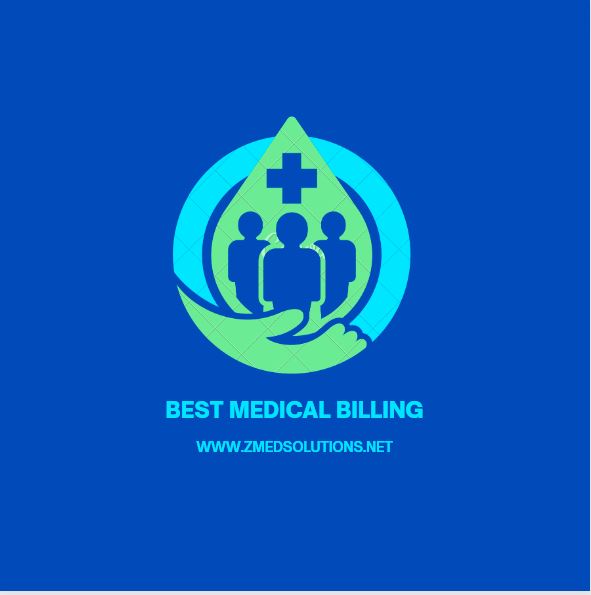In today’s fast-paced healthcare industry, efficient medical billing is crucial for the financial stability of healthcare providers. Properly managing the revenue cycle ensures that healthcare facilities can continue to offer quality care to their patients. To achieve this, healthcare professionals must adopt the best practices in medical billing. In this article, we will delve into some of these practices that can significantly enhance the efficiency and effectiveness of medical billing processes.
Accurate Patient Information
The cornerstone of successful is accurate patient information. When a patient checks in, it is imperative that their personal and insurance details are recorded correctly. Any errors or omissions at this stage can lead to billing discrepancies later on. Implementing robust data verification processes can help reduce errors and ensure that claims are submitted with precision.
Regular Staff Training
The healthcare industry is dynamic, and medical billing rules and regulations are subject to change. Therefore, it is essential for medical billing staff to undergo regular training to stay updated with the latest industry standards. This not only helps in compliance but also ensures that staff members are well-equipped to handle various billing scenarios efficiently.
Electronic Health Records (EHR) Integration
Integrating electronic health records into the billing system streamlines the process significantly. EHR systems can automatically generate bills, reducing the chances of errors associated with manual data entry. Additionally, EHR integration allows healthcare providers to access patient records and billing information seamlessly, enhancing the overall patient experience.
Transparent Pricing
Patients appreciate transparency when it comes to healthcare costs. Medical facilities that provide clear and detailed explanations of the services rendered and their associated costs build trust with their patients. This, in turn, leads to fewer billing disputes and faster payments.
Claim Scrubbing
Claim scrubbing is a crucial step in the medical billing process. It involves thoroughly reviewing claims before submission to identify and rectify any errors or discrepancies. By catching and resolving issues early, healthcare providers can accelerate the reimbursement process and reduce claim denials.
Timely Follow-up
Promptly following up on unpaid claims is vital to maintaining a healthy revenue cycle. Implementing an effective follow-up system can significantly reduce the number of outstanding accounts receivable. Regular communication with payers and diligent tracking of claim statuses are key to achieving this.
Compliance with Regulations
It is subject to numerous regulations and compliance requirements, such as HIPAA and the Affordable Care Act. Staying compliant is non-negotiable, as non-compliance can result in severe penalties. Healthcare facilities must invest in robust compliance programs and regularly audit their billing processes to ensure adherence to these regulations.
Outsourcing Medical Billing
For many healthcare providers, outsourcing has become a practical and cost-effective solution. Professional medical billing services specialize in navigating the complexities of healthcare, freeing up in-house staff to focus on patient care. When considering outsourcing, it’s crucial to select a reputable service provider with a proven track record of success.
Utilizing Technology
Modern medical billing relies heavily on technology. Healthcare facilities should invest in billing software that streamlines processes, tracks payments, and provides detailed reporting. Leveraging technology not only increases efficiency but also enables healthcare providers to make data-driven decisions to optimize their revenue cycle.
Regular Performance Analysis
Continuous improvement is the key to success in medical billing. Regularly analyzing key performance indicators (KPIs) can help healthcare facilities identify areas for improvement. Whether it’s reducing claim denials, shortening the billing cycle, or increasing revenue, data-driven insights drive positive changes in medical billing processes.
Bottom Line
The world of medical billing is complex, but by implementing these best practices, healthcare providers can navigate it successfully. Accurate patient information, ongoing staff training, technology integration, and a commitment to compliance are all vital components of efficient medical billing. By embracing these practices, healthcare facilities can ensure their financial stability and continue to provide high-quality care to their patients.

